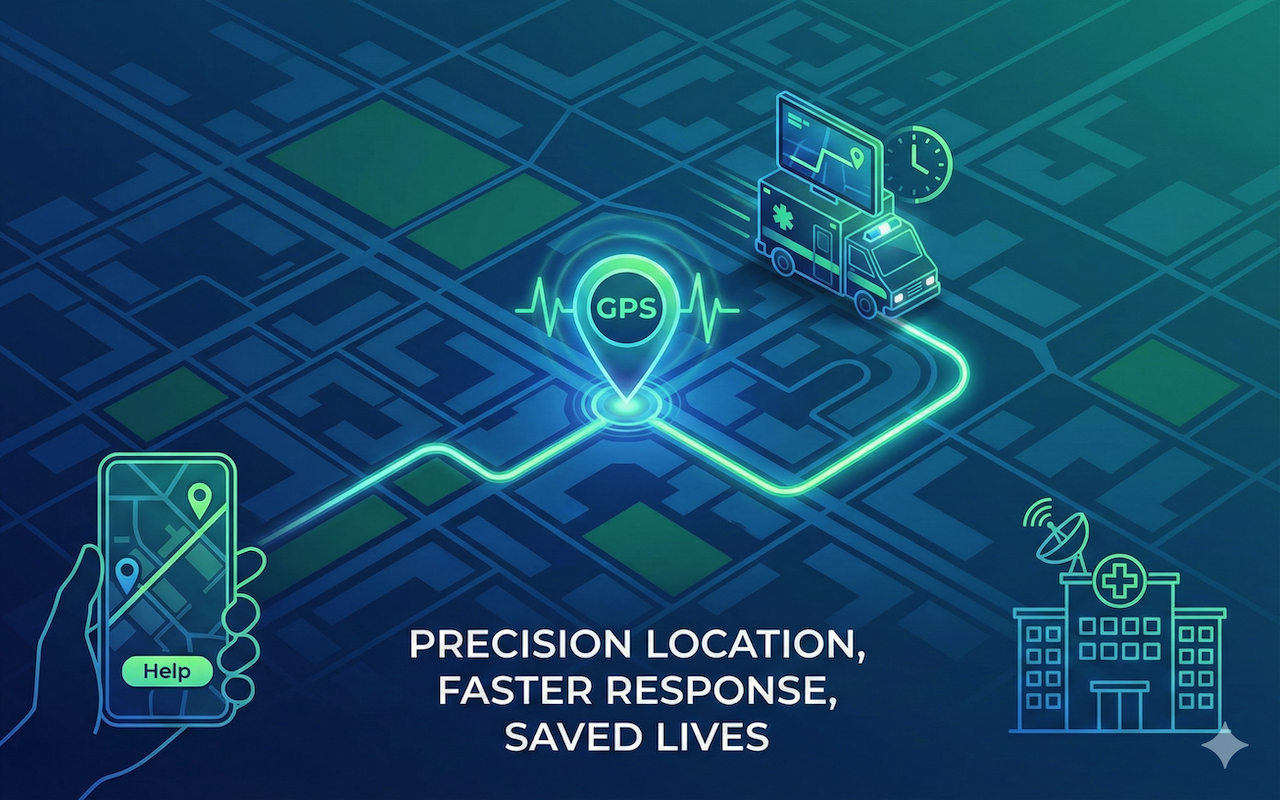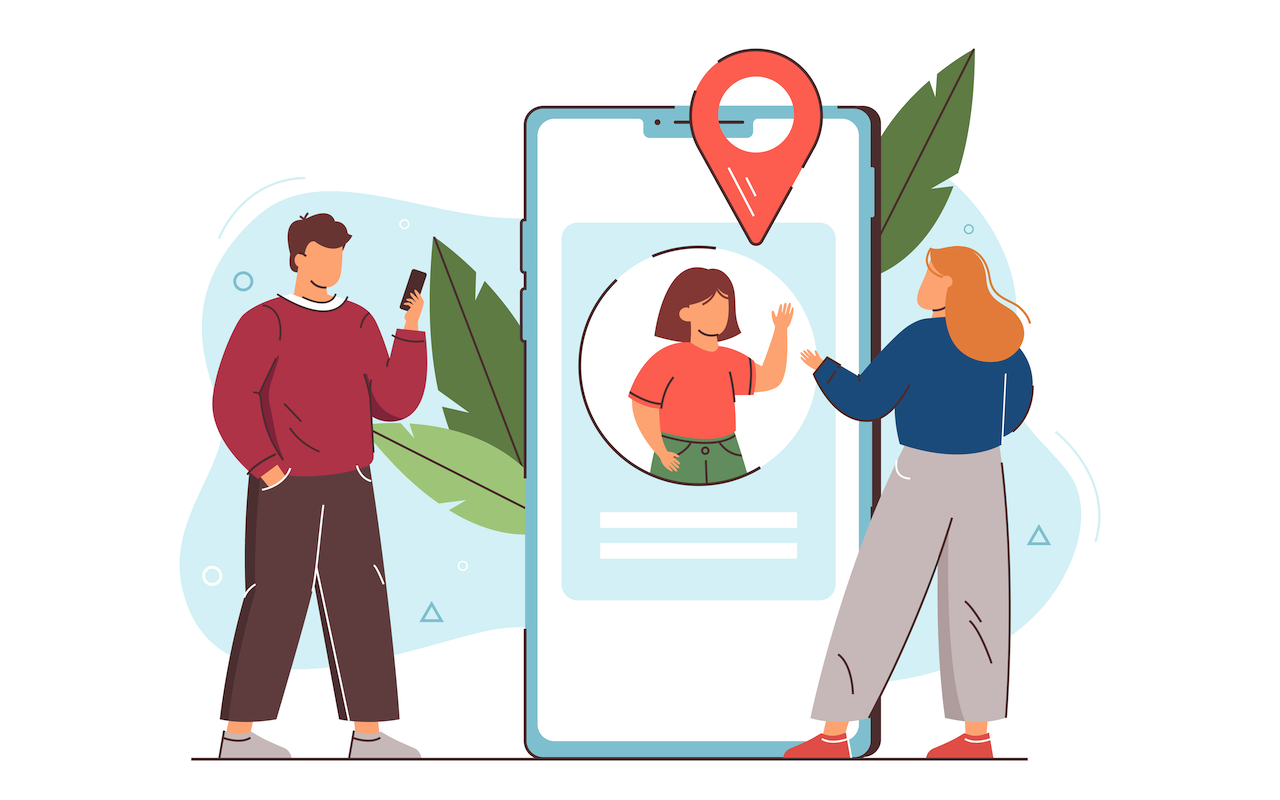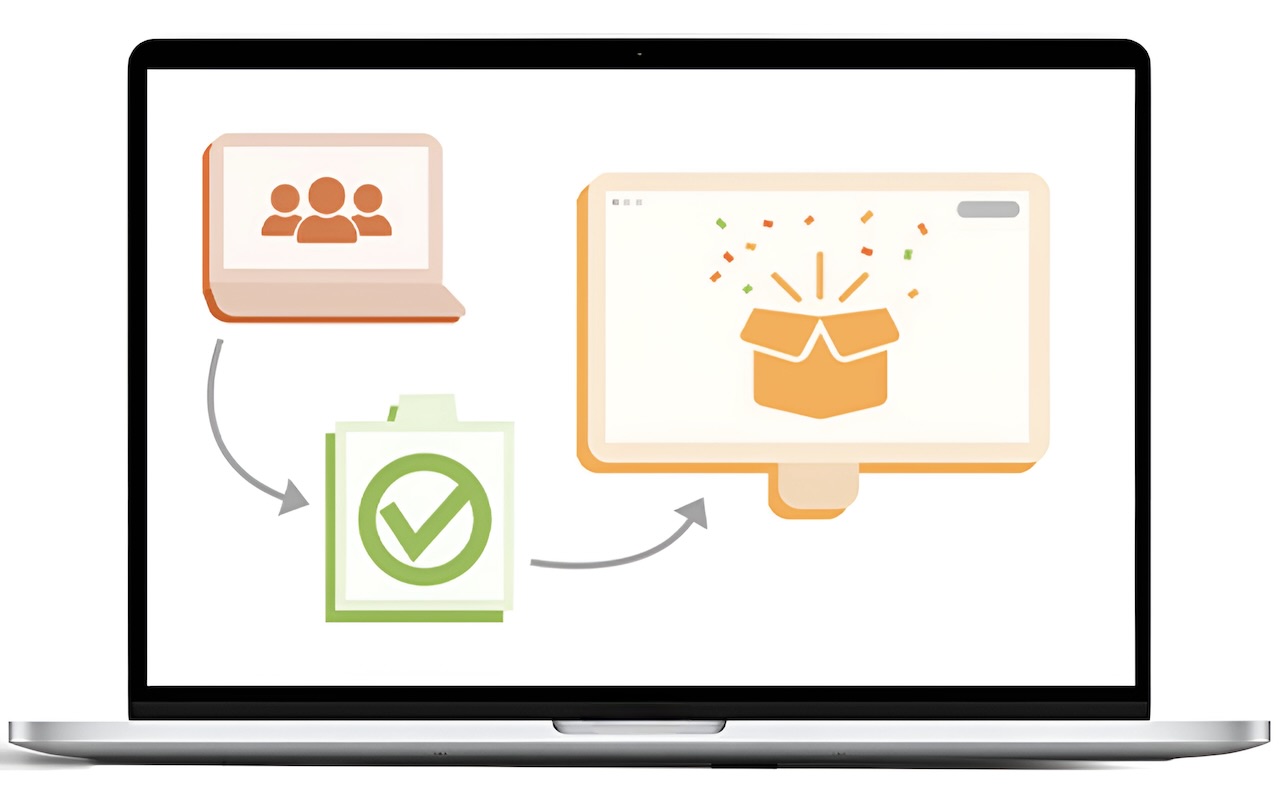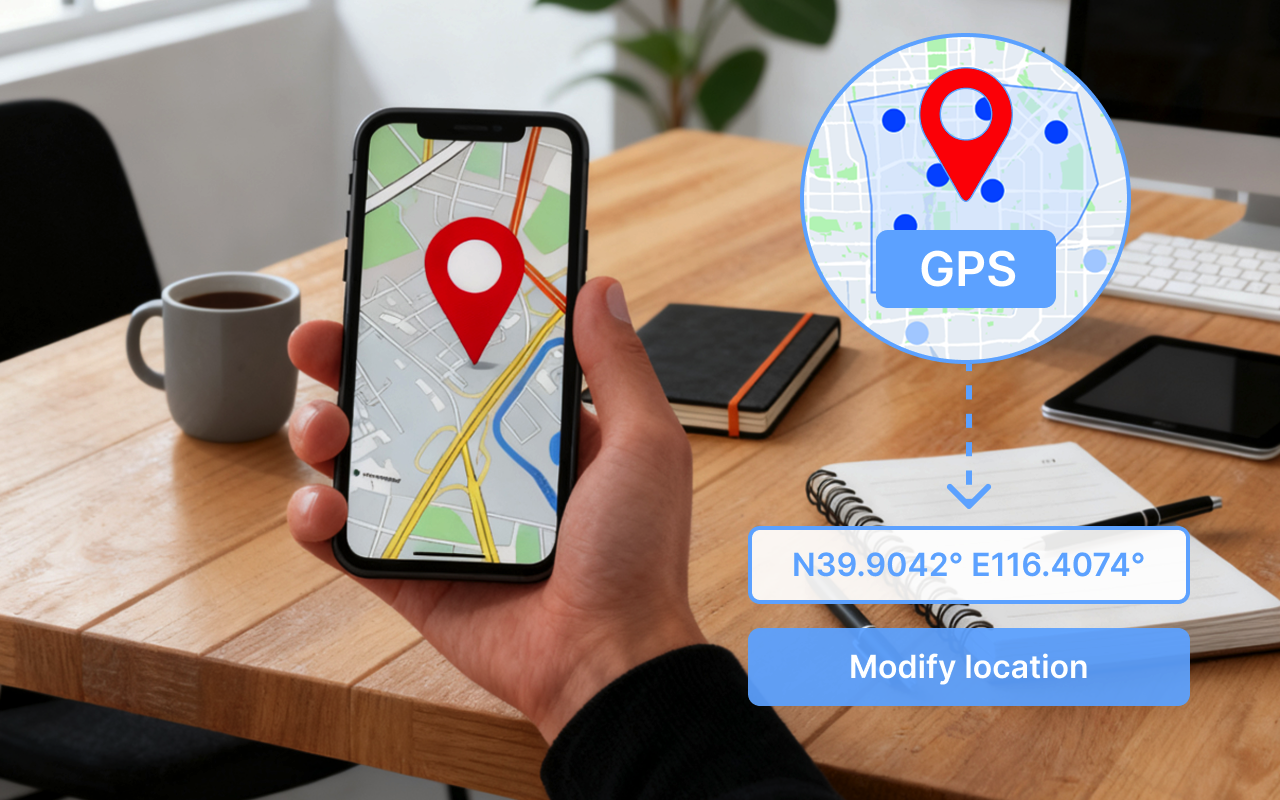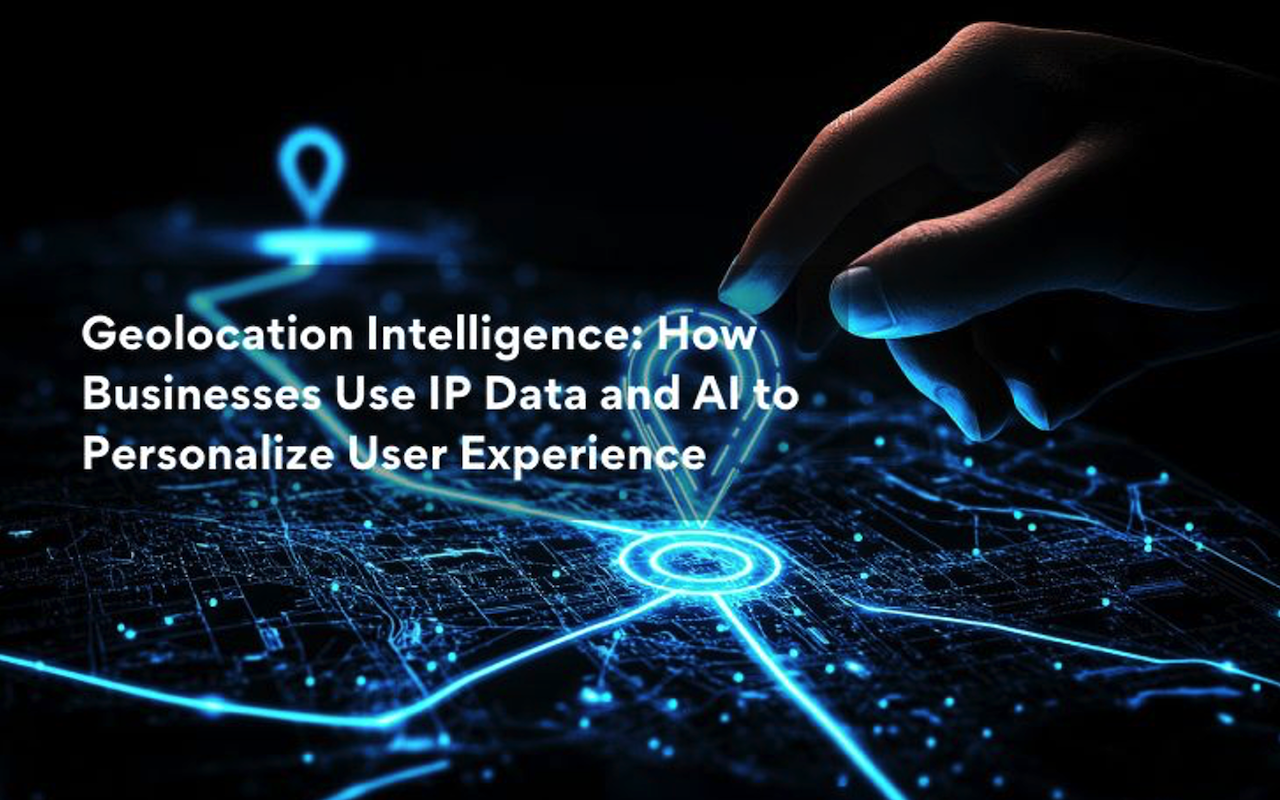
Digital signage has evolved far beyond static advertisements and simple messages. Today's most effective displays leverage real-time data to deliver contextually relevant content that responds to current conditions, local trends, and customer behavior. The key to this dynamic approach? Web scraping combined with intelligent content automation across multiple locations.

